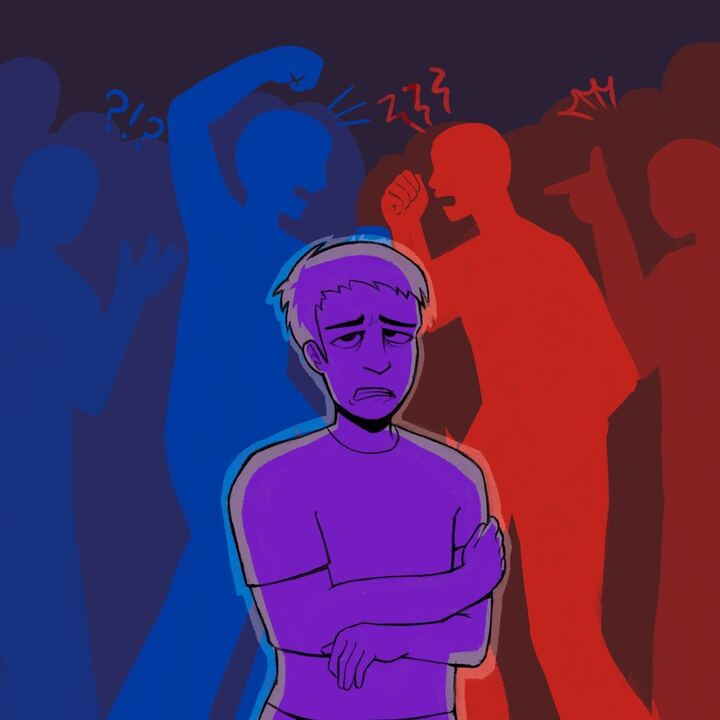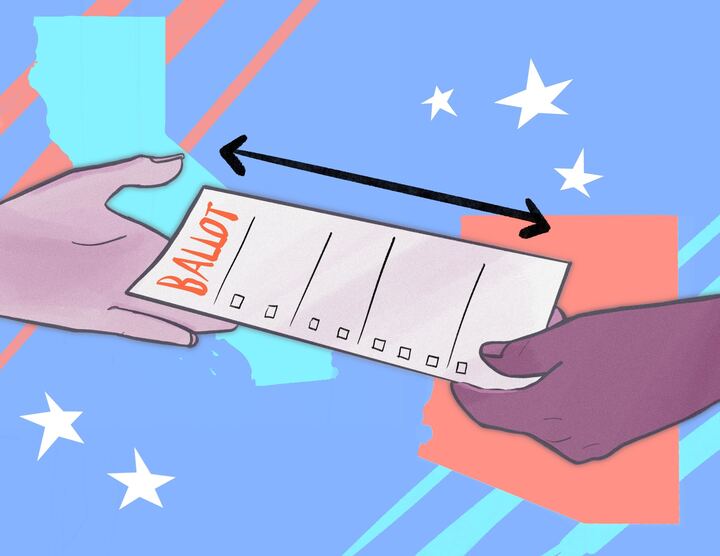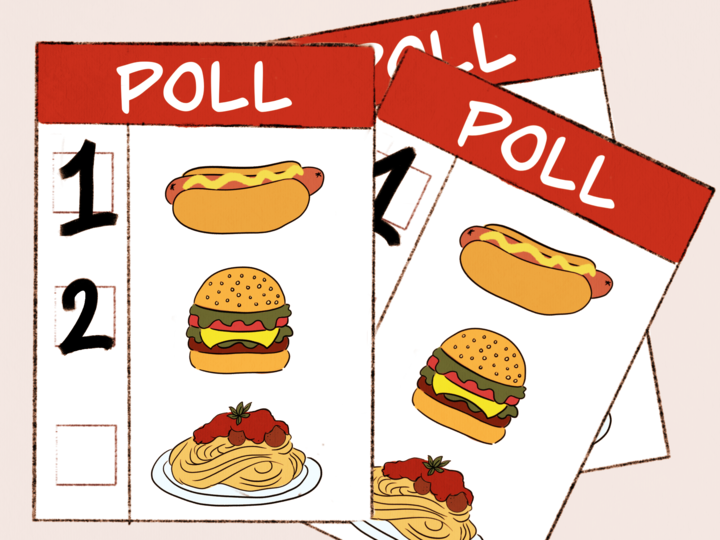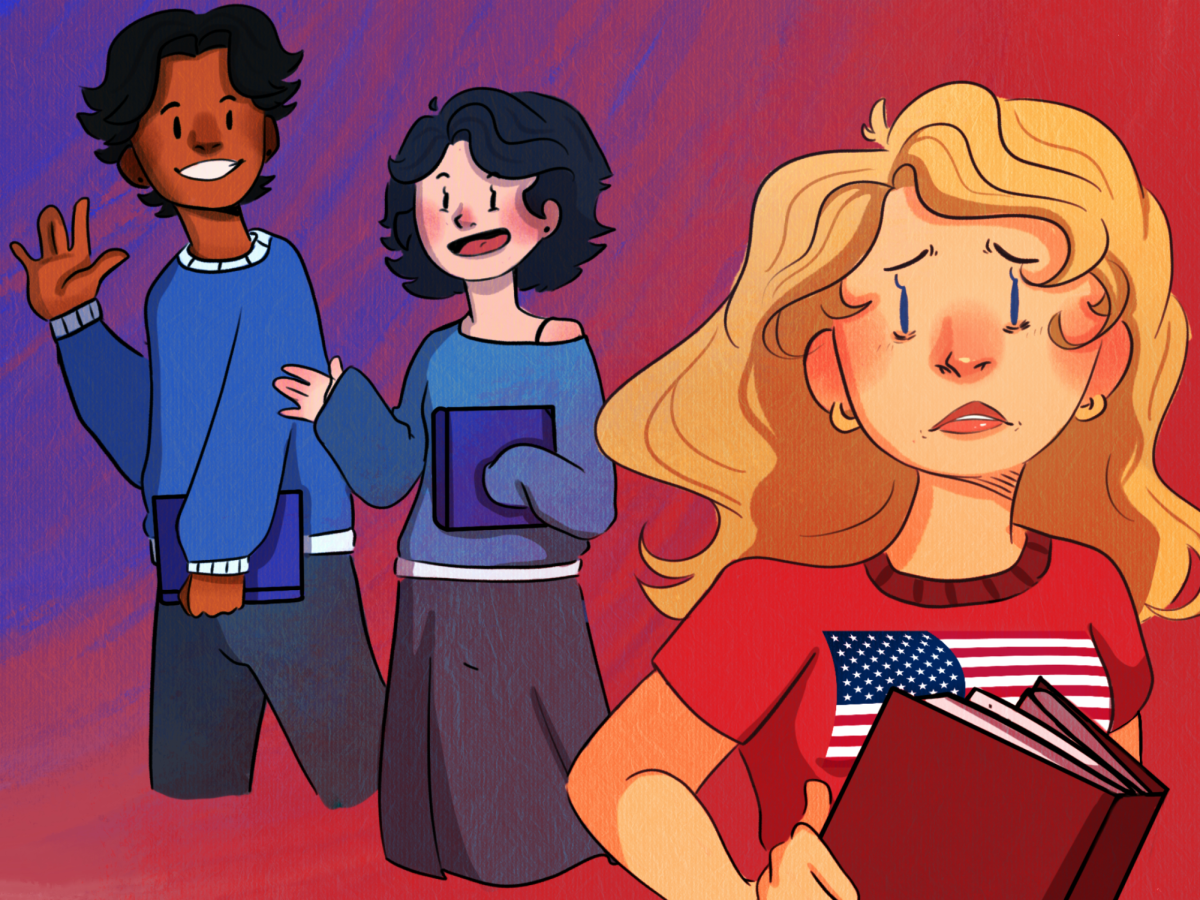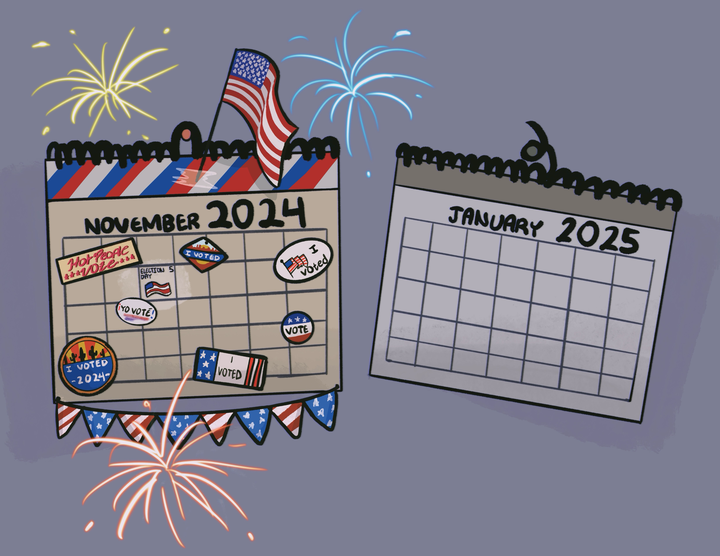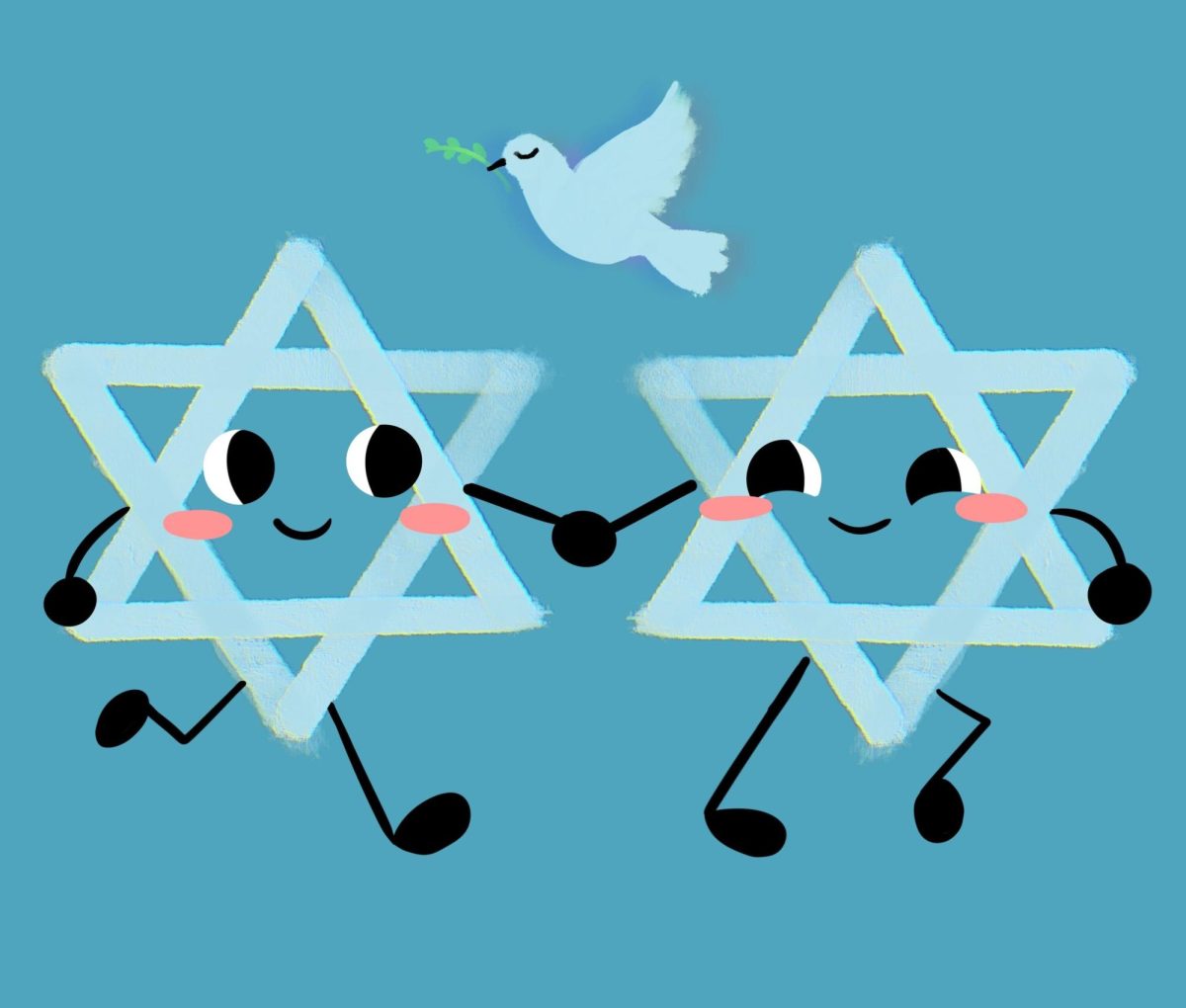I have never liked talking about politics. It has always left me feeling uneasy and uncomfortable whenever the subject is brought up. With just one statement about any issue, someone will instantly judge your character and morals based on the stigmas and labels surrounding a political party and its respective rigid ideologies. As I’ve gotten older, I’ve seen more of this with my relatives and friends, and it is scary to see that unfold.
In 2020, I remember never worrying about if people were Republicans or Democrats. But once the lockdowns commenced, the world of social media began to engulf our society more than it had before and it was easy to express our opinions online. As someone with a conservative father and liberal mother, I have seen them battle about which candidate or politician is better and why. Their morals are also completely different from each other.
When I was in high school I also had friends who were both Democrats and Republicans, and I even saw them get into hot water over issues like if vaccines were safe for us or if LGBTQ+ people have the right to adopt or marry. However, the most damage I’ve seen with this issue is online through social media.
When the outspoken and opinionated users of the online world began to emerge and take extreme sides on almost every issue, everything seemed to change. Suddenly, everyone was in one faction or another without any room for middle ground. One instance of this happening was after the events of Jan. 6, 2021. After the riots at the Capitol took place, people were quick to say the election was stolen or that former President Donald Trump was trying to overthrow the election and incite violence, and these were the only two options.
A similar event happened recently when an assassination attempt was made on Trump. One side was quick to say the attempt was staged and the other was quick to say it was Democrats who paid for the assassin. Some even went so far as to say it was God’s will.
Bringing religion into politics is also dangerous, as it can create a powerful bloc of people with the same beliefs and also reinforces the idea of people being forced into factions. One topic I see brought up often between politics and religion is abortion. People who lean into politics with their religion can often see abortion as inhumane or the loss of someone’s life, when in reality it is only a healthcare procedure.
It’s a strange crossroads when you bring up religion and politics because politics and religion are both centered in what citizens believe are right. While intense debates often arise over issues like abortion and LGBTQ+ rights, these topics shouldn’t hinge on imposing personal morals onto everyone else. Ultimately, much of it comes down to individual choice, not universal mandates, and American freedom is supposed to always be about choice.
Our ability to hide behind a phone screen or a mask made it easier for us to express our views and the partisanship surrounding policies is dangerous.
We use social media to our advantage because of our democracy and free speech, but it has led politics in a route that cannot satisfy anyone. An example of this is when Phil McGraw announced that he would endorse Trump on Oct. 27 at a rally in New York. McGraw’s main reason for this endorsement was simply to eliminate cancel culture. Afterwards, he not so ironically received a lot of backlash because of who he endorsed, and even an organization like the NAACP was quick to call him out because of the claims he made. One might say he was canceled.
Politics shouldn’t be as scary to bring up as it is, but our political leaders perpetuate this partisanship in how they speak to one another as well. Politics is supposed to be about implementing policies in society so that it fits citizens’ needs, but everyone’s opinions are different, which makes it hard to settle on what is right. Rather than using our differences productively to find solutions and middle grounds, political debates have instead created a hostile environment full of bickering and judgment. Rather than focusing on who is what, what is right or if someone fits a stereotype, focus on what policies you want to see. Sign a petition, attend a rally or even volunteer with an organization you care deeply about; but definitely start talking about politics less, especially if you are doing so unproductively.
Follow the Daily Wildcat on Instagram and Twitter/X

Isabel Vidrio is a junior with a major in journalism and a minor in public health. She is also a part of UnderSkore, the University of Arizona’s first official K-pop dance team. Her interests include music, anime, video games and pop culture.



